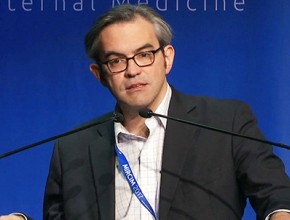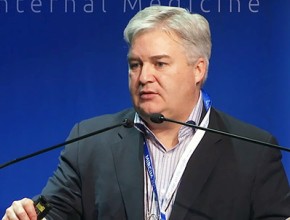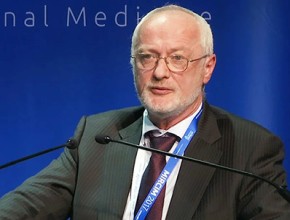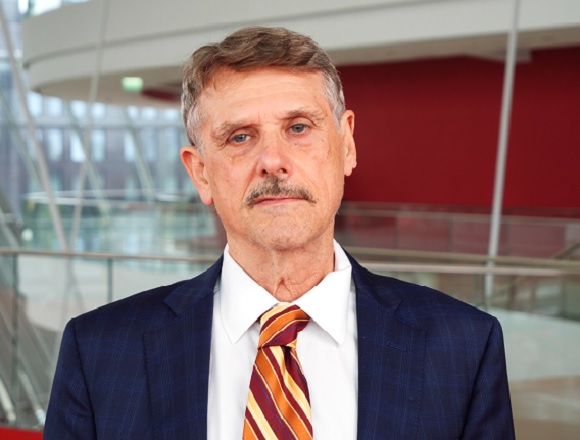Gordon Guyatt, MD, MSc, is a distinguished professor at McMaster University and one of the founders of evidence-based medicine with extensive expertise in study methodology.
You coined the term “evidence-based medicine” (EBM) over 25 years ago. Is your understanding of what it means today the same as it was at that time?
No. EBM has changed dramatically since the term was introduced. The most important change is that when we coined the term EBM, we were not aware of how key evidence is in terms of values and preferences and the interaction between evidence and values and preferences. So at the beginning it was simply all about recognizing trustworthy from less trustworthy evidence.
What EBM is today: A core principle is to recognize that once one has identified the most trustworthy evidence, there are always trade-offs in decisions that have to be made between the benefits of a particular course of action and the harms and burdens associated with that course of action. And that trade-off… patients will differ in the way they value benefits and the way they value harms and burdens, and those different values will lead to different optimal care for different patients.
So what wasn’t there at the beginning and is there now, a key to evidence-based practice is the recognition of the importance of values and preferences and how that should play out in shared decision-making with patients.
 English
English
 Español
Español
 українська
українська








